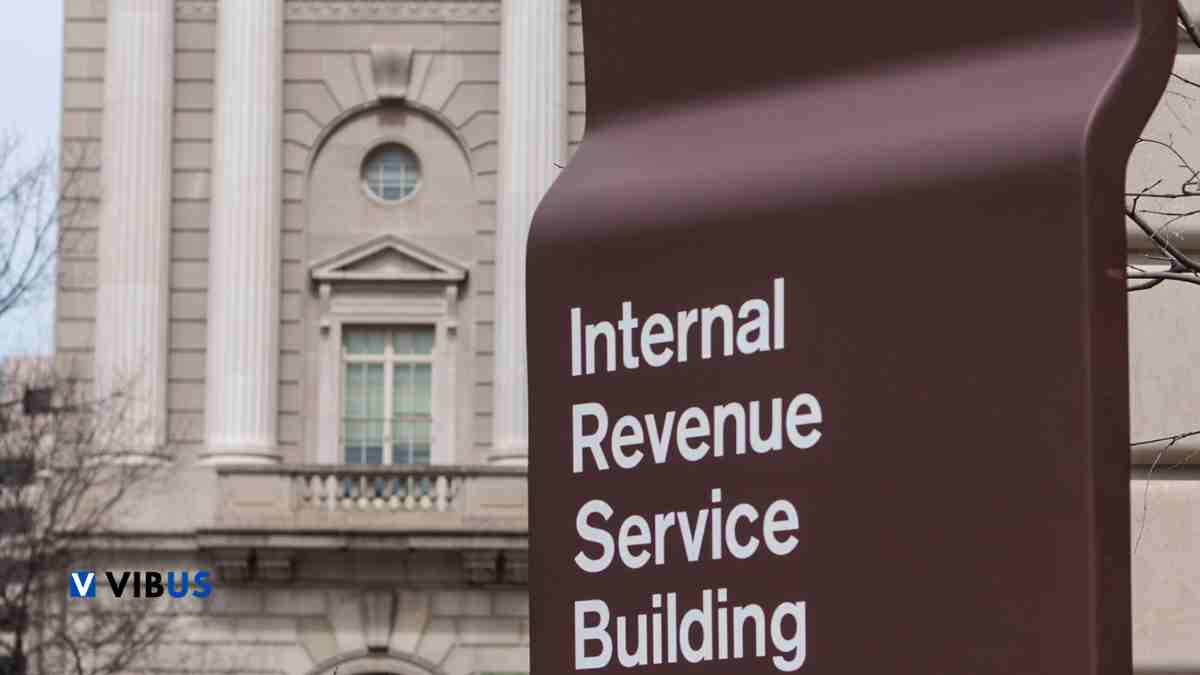The United States Internal Revenue Service IRS recently issued a warning to taxpayers about the dangers of following incorrect advice circulating on social media. According to the agency, these tips promote nonexistent tax credits that supposedly benefit gig workers and freelancers during the COVID-19 pandemic, claiming refunds of up to $32,000—a claim the IRS has firmly refuted.
IRS Commissioner Danny Werfel highlighted the troubling trend of misleading information on digital platforms. “These deceptive claims on social media are leading well-meaning taxpayers to believe they are entitled to substantial sums of money,” Werfel stated. In reality, following this advice can cause individuals to make tax decisions that negatively impact their financial and legal situations.
Disinformation on social media and its consequences according to the IRS
Before acting on any advice and paying for services that promise significant refunds, the IRS recommends consulting trusted professionals who can accurately assess a taxpayer’s situation and legitimate rights within the current legal framework.
The agency has clarified that although there are legitimate tax benefits related to the pandemic, such as those for individuals who couldn’t work due to caring for COVID-19 patients or for quarantined individuals, these benefits are strictly limited to specific groups of self-employed workers who worked during 2020 and 2021. These benefits are not as extensive as some viral messages suggest.
Problems Arising from Dubious Claims
According to the IRS, they have received thousands of dubious claims that not only result in delays in refunds but also require taxpayers to provide legitimate documentation to validate their claims. These situations create an additional administrative burden for both the taxpayers and the agency.
“Scammers constantly exploit people’s hopes and try to use the complexity of the tax system to convince them that there are secret ways to get a large refund,” Werfel warned.
It is crucial for taxpayers to thoroughly review their tax returns to ensure accuracy before filing and to rely on advice from trusted tax professionals rather than questionable sources or individuals seeking to profit quickly at others’ expense.
The IRS has noted that the promotion of this false “self-employment tax credit” is similar to other aggressive campaigns, such as the Employee Retention Credit.
In both cases, the true purpose of these technical credits has been misrepresented, portraying them as opportunities for average taxpayers to receive large payments from the government. In reality, these credits have complex requirements and are intended for very specific situations.
Recommended Actions for Taxpayers
The IRS advises taxpayers to properly inform themselves through official channels and consult accredited professionals before making decisions based on information found on social media. Additionally, they urge everyone to be cautious of any offer that seems too good to be true, as it might be an attempt at fraud.
In conclusion, it is essential for taxpayers to remain vigilant and critical of the information circulating online, especially concerning their tax obligations and rights. Education and consultation with experts are the best tools to navigate the complex world of taxes and avoid falling into costly traps.




